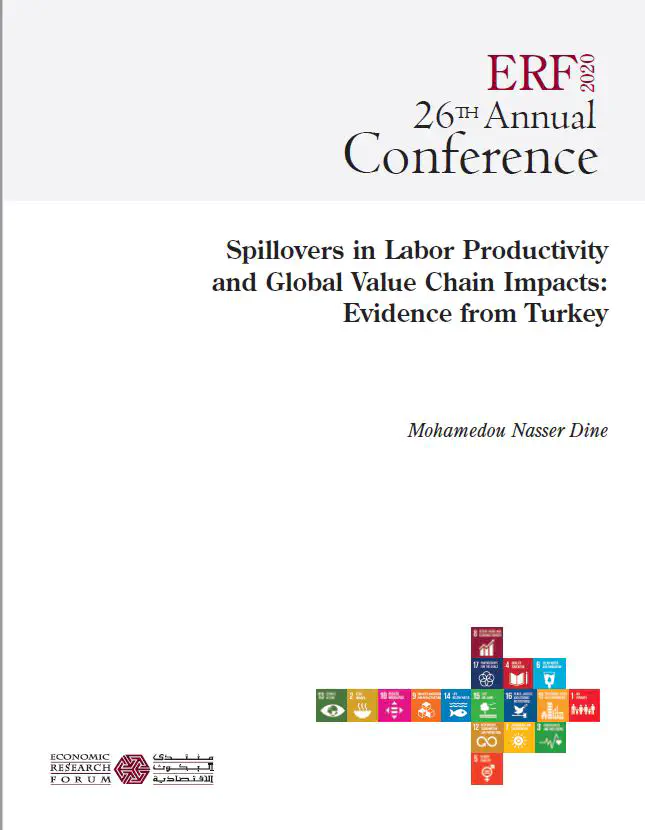Spillovers in Labor Productivity and Global Value Chain Impacts:Evidence from Turkey
 Image credit: Unsplash
Image credit: Unsplash
Abstract
Based on the world input-output database 2016 (WIOD), this study examines the impact of the global value chain (GVC), via the backward and forward linkages, on labor productivity. Using a spatial econometric approach, it pays a particular attention to the spillovers effects in productivity across industries through input-output relations. It is shown that a stochastic shock in productivity in one sector significantly transcends and boosts productivity in other sectors through input-output dependencies. Moreover, productivity significantly declines with backward linkages within own sectors. However, productivity increases with forward linkages both within own sectors and across sectors through input-output relations. A sectoral analysis of the GVC effects on productivity reveals that manufacturing backward linkages is negatively associated with productivity not only within own sectors but also across manufacturing sectors, whereas productivity in service sectors rises with forward linkages within and across service sectors. This study shows that ignoring the spillovers effects across sectors causes the estimates to be biased.